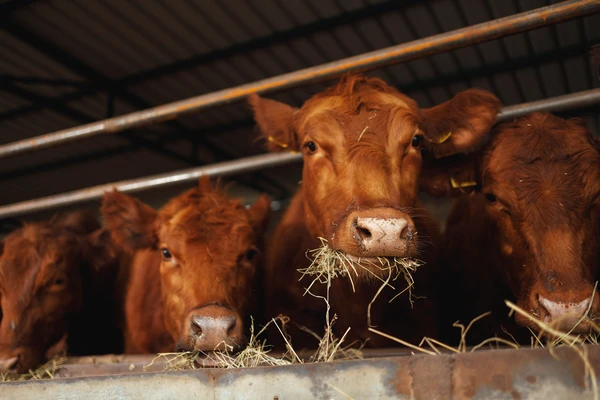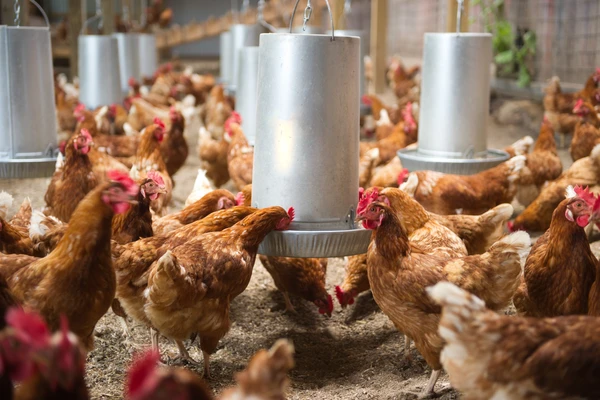
Case: Novel proteins
From CO₂ to protein
How biosolutions could potentially transform emissions into nutrition
Converting annual CO2 emissions from a single industrial plant could feed up to one billion people
We’re at the forefront of developing technology that converts CO2 into protein. This pioneering approach could help address both food security and emissions challenges.
The challenge
Rethinking protein’s building blocks
As global protein demand rises, we need innovative solutions that can produce more protein without expanding the agricultural footprint. Meanwhile, industries release CO2 that could be captured and repurposed. The biosolution program aims to develop a climate-neutral way of converting CO2 into protein, bypassing the use of agricultural land, water, and fertilizer. This pioneering approach helps fight the escalating global issues of food insecurity and greenhouse gas emissions.
The solution
CO2’s surprising second life
Through electrochemical processes, we convert CO2 into acetate - essentially vinegar. Using specialized microorganisms, we then transform this product into protein through fermentation. This bypasses traditional fermentation's need for sugar or starch, freeing up agricultural land while putting emissions to work.
The benefits
Double impact: emissions to nutrition
The potential is remarkable: CO2 emissions from industry can help feed a growing population, making it a viable addition to traditional animal or plant-based protein in a growing population. By creating more protein from emissions, we're building a more secure food system while addressing climate challenges.
Key facts and benefits
Potential to feed billions of people
Zero agricultural land needed
Significant emissions reduction
Explore other cases

Fresh feed, better farming
How biosolutions keep silage nutritious for longer

Healthier feeds at lower costs
How biosolutions are helping farmers produce protein more efficiently

Making the most of milk
How biosolutions are improving cheese production efficiency
Let’s nourish a growing world together
Biology has always been a fundamental part of creating food – and today it holds the potential to transform every step of our food value chain.
Explore with us the interconnected challenges and innovative solutions transforming how we grow, make and consume food – and discover how together we can create more balanced, secure and resilient food systems.
